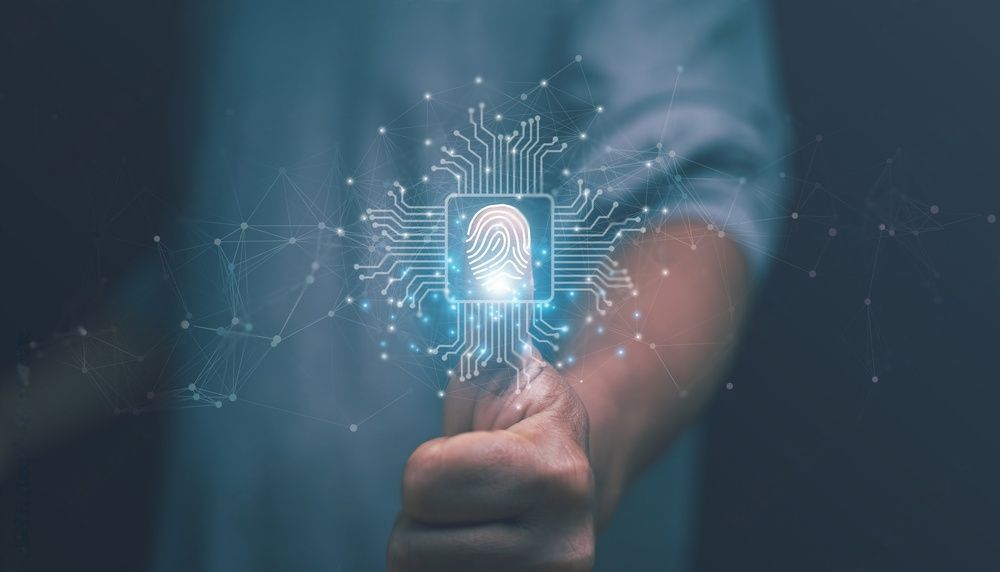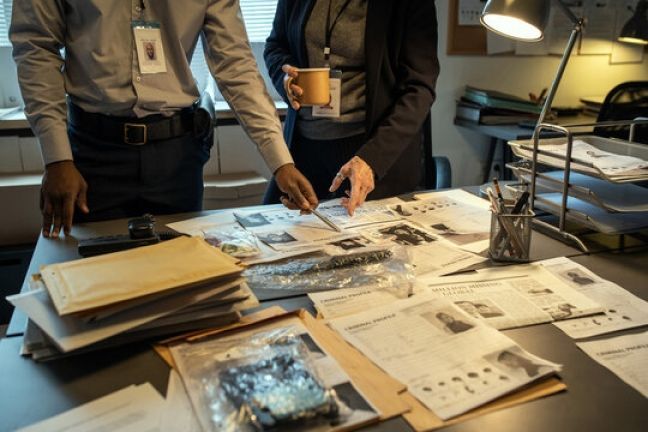Blog
Stay Informed With Foglight Investigations Blog

By admin
•
January 20, 2024
Introduction In the traditionally male-dominated realm of private investigation, a notable transformation is underway. The rise of female private investigators […]
The post Female Private Investigators: Breaking Stereotypes in a Male-Dominated Industry appeared first on Foglight PI.
By admin
•
January 12, 2024
Private detective agencies are offering their best services in the USA. These agencies vary from one another based on their […]
The post Top 10 private detective agencies in the USA appeared first on Foglight PI.
Explore insightful articles and updates on investigations at Foglight Investigations. Stay informed and gain valuable knowledge. Contact us at (415) 926-3440 for more information.
Browse our website
Contact Information
Phone: (415)-926-3440
Email: foglightpi@gmail.com
Business Hours: 24/7
License #28391
Content, including images, displayed on this website is protected by copyright laws. Downloading, republication, retransmission or reproduction of content on this website is strictly prohibited. Terms of Use
| Privacy Policy






















